What Happens During a Septic Inspection? Understanding the Process
Look Inside a Vermont Septic Inspection with Taplin Septic
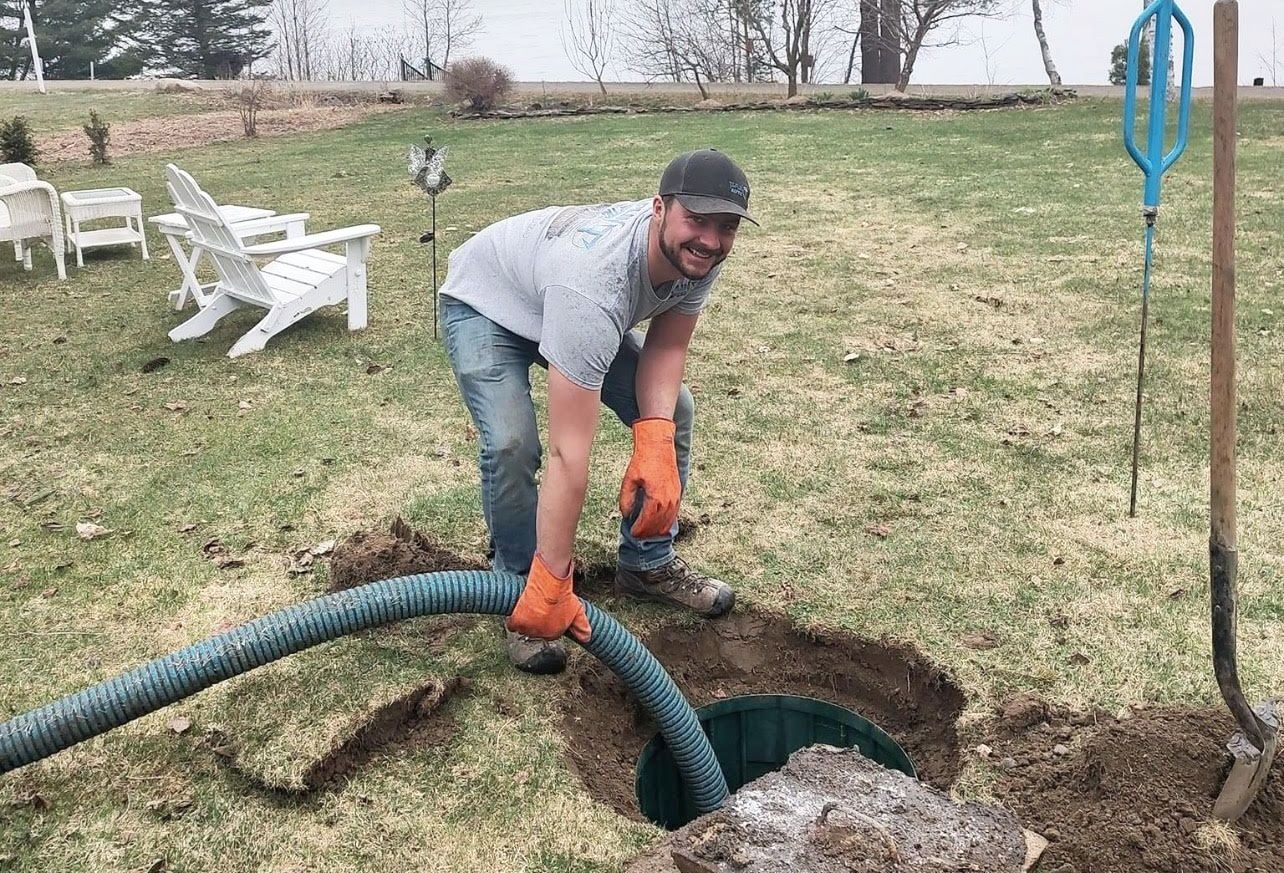
Whether you're buying a new home or experiencing some unusual gurgles and smells, a septic inspection is a crucial step in maintaining a healthy and efficient septic system. It's more than just a quick glance; it's a thorough examination designed to catch potential problems before they turn into costly emergencies.
At Taplin Septic, we understand the importance of a detailed inspection.
Here’s a breakdown of what you can expect when our team comes to assess your septic system:
1. Locating and Accessing the Tank
The first step in any septic inspection is to locate and uncover the access lids to your septic tank. While some lids might be exposed, many are buried a few inches below the ground. Our technicians are equipped to efficiently locate these points to begin the assessment.
2. The Visual Assessment: Inside and Out
Once the tank is accessible, a thorough visual inspection begins. This involves looking for any obvious signs of trouble, such as cracks or leaks in the tank itself. We also examine the surrounding area for tell-tale signs of a failing system, like soggy ground, unusual odors, or unusually lush patches of grass, which can indicate issues with the drainfield. Inside the tank, we'll be checking for any signs of backup or overflow.
3. Checking Sludge and Scum Levels
The septic tank is a living system, and it naturally accumulates layers of sludge (solids that sink to the bottom) and scum (grease and oils that float to the top). During the inspection, our technicians will measure these levels. High levels of sludge or scum can indicate that the tank is due for pumping or that the system isn't functioning as efficiently as it should.
4. Testing the Flow
A critical part of the inspection involves testing the flow of water through your system. We’ll run water from inside your house to observe how it enters the septic tank and, more importantly, how it flows out to the drainfield. This step helps us identify any slow drainage issues, blockages, or problems with the pipes leading to or from the tank.
5. Examining the Drainfield (Leach Field)
The drainfield, also known as the leach field, is where the treated wastewater slowly disperses into the soil. Our technician will carefully examine the surface above the drainfield for any signs of failure. This includes looking for standing water, foul odors, or abnormally green and lush vegetation, all of which can suggest that the drainfield is saturated or failing to absorb wastewater properly.
6. Tank Pumping (Optional, but Recommended)
While not always mandatory, we often recommend pumping the septic tank during an inspection. This allows our technicians to get a clearer view of the tank's interior, making it easier to identify any hidden damage, cracks, or structural issues that might be obscured by the sludge and scum layers. Pumping also helps to ensure the system is ready for its next period of efficient operation.
7. Comprehensive Reporting
Once the inspection is complete, our technician will provide you with a detailed electronic report. This report will outline the overall condition of your septic system, highlight any identified issues or necessary repairs, and offer recommendations for ongoing maintenance to prolong the life and efficiency of your septic system.
A septic inspection is an investment in the longevity and reliability of your home's wastewater management system. By understanding this process, you can be better prepared to make informed decisions about your property.
If you have any concerns about your septic system, don't hesitate to reach out to us!

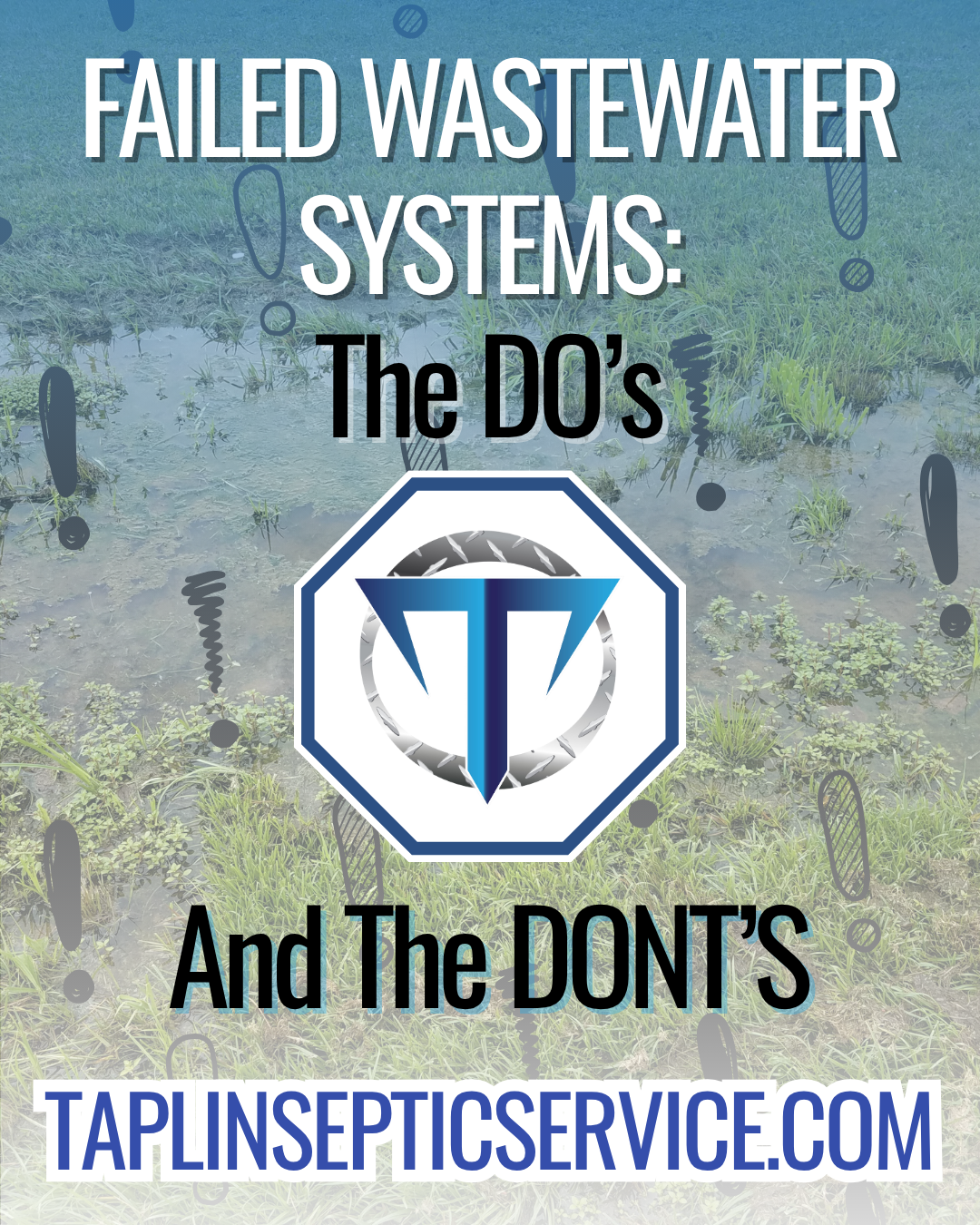


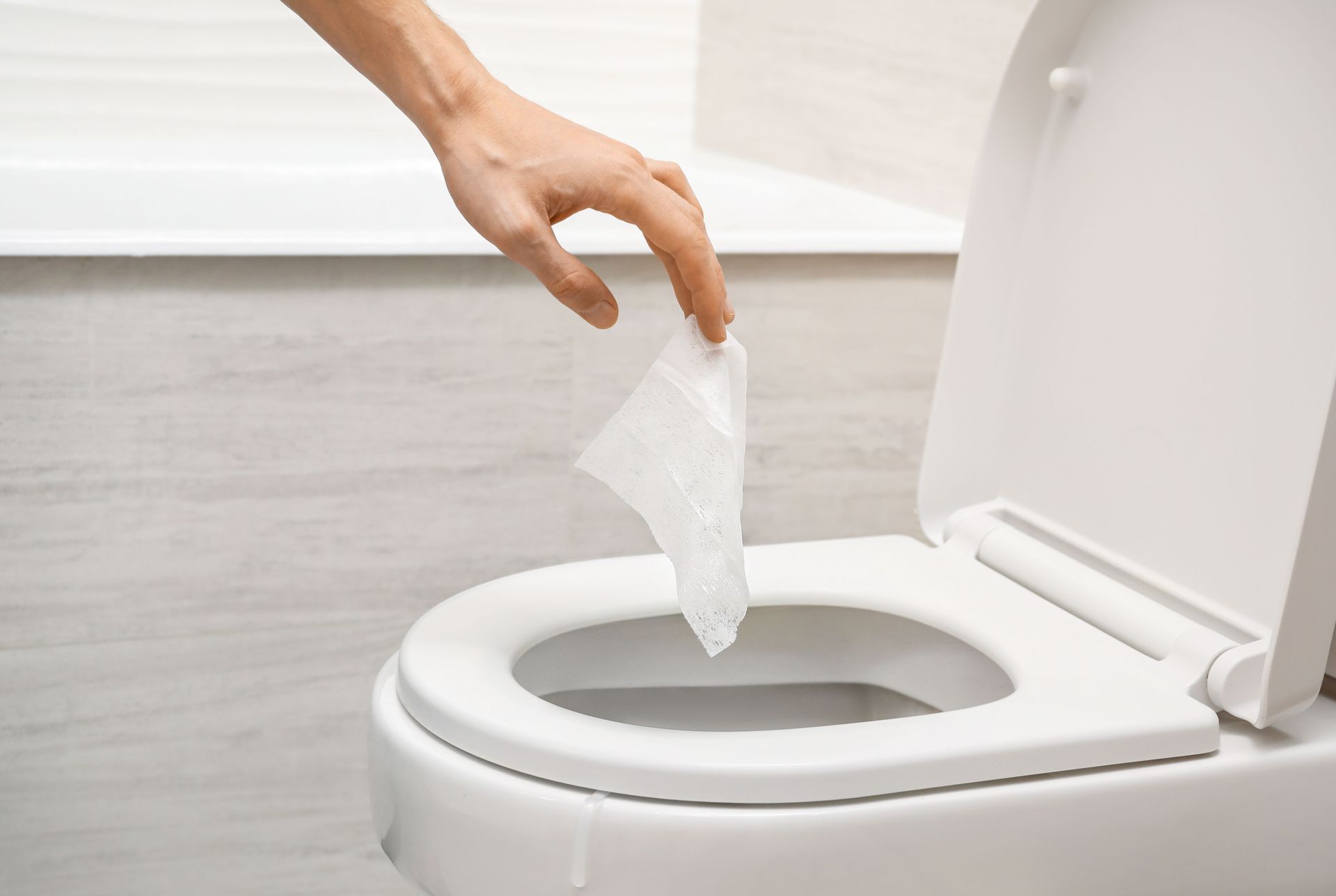
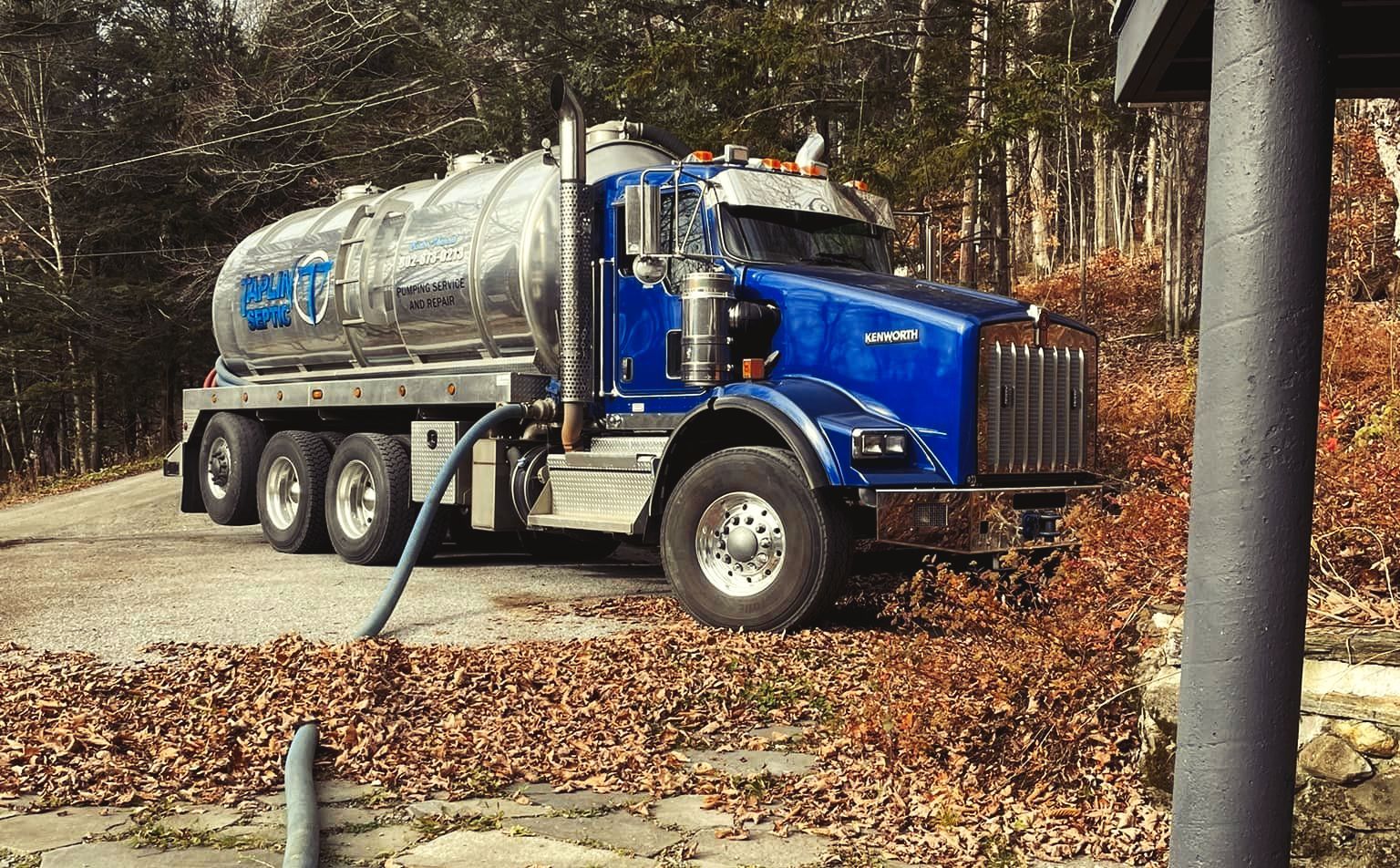

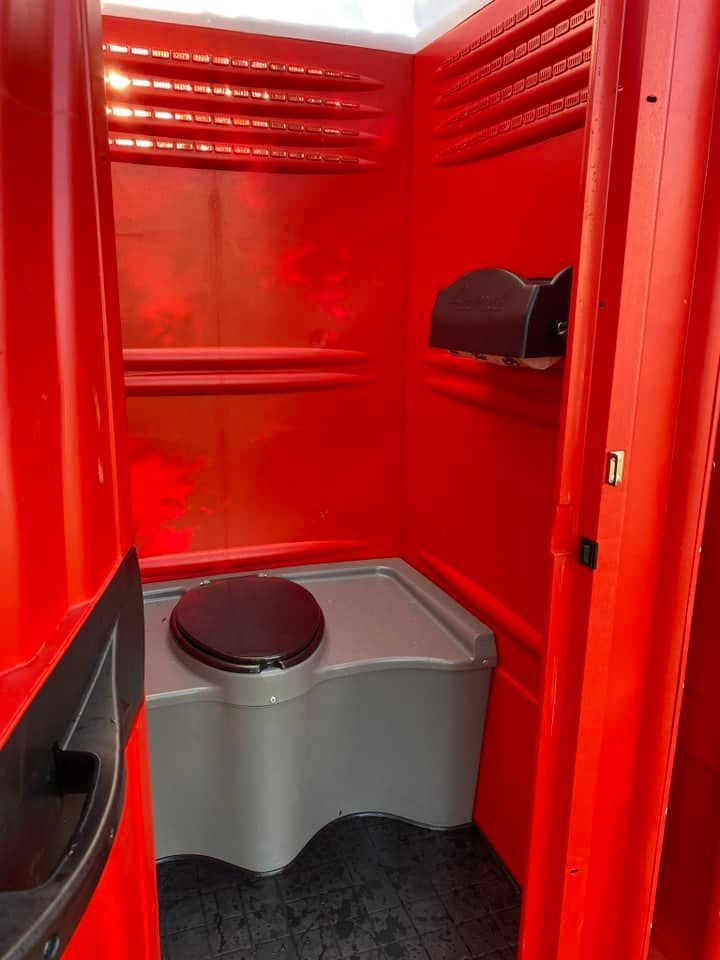

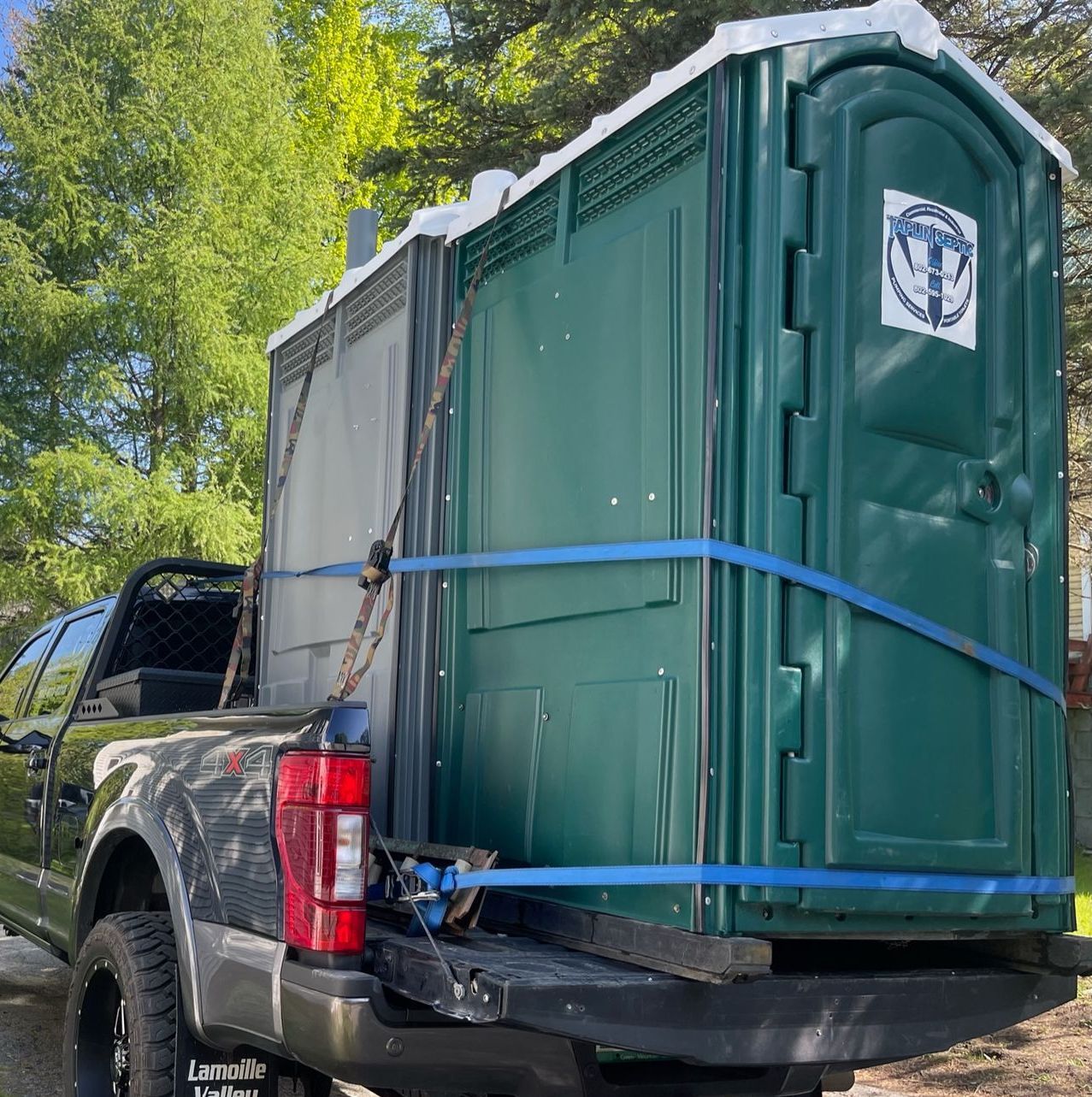
Share On: